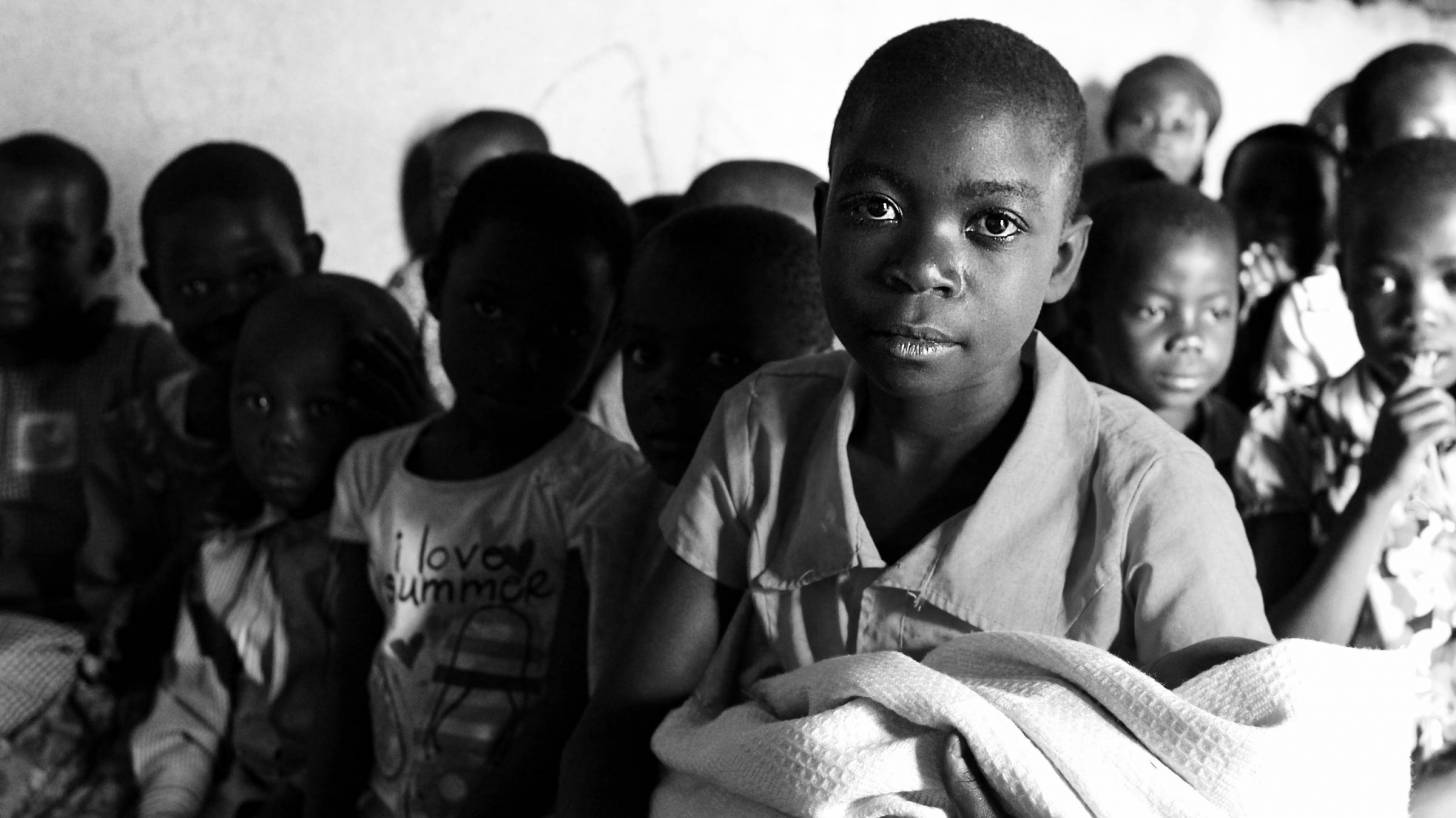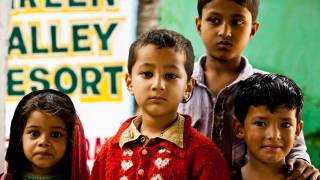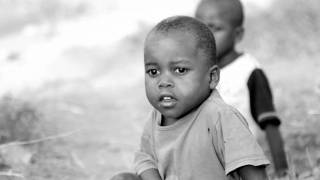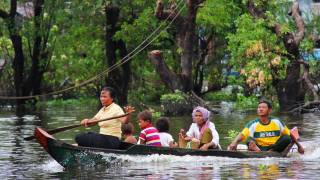Two Million Cholera Vaccines For Five African Countries

The largest cholera vaccination drive in history has launched, with more than 2 million people in Zambia, Uganda, Malawi, South Sudan and Nigeria set to receive oral cholera vaccine (OCV).
This effort is part of a global push to reduce cholera deaths by 90 percent by 2030.
In most industrialized countries, such as the USA, cholera is generally not a significant health issue.
The Gram-negative bacterium Vibrio cholerae is the cause of cholera. It is primarily found in warm brackish waters and the human host is part of the V. cholerae life cycle.
Infection can occur following eating or drinking contaminated food or water, and disease can spread rapidly in areas with inadequate treatment of sewage and drinking water.
Cholera requires immediate treatment because without appropriate rehydration the disease can cause death within hours. Oral or intravenous hydration is the principal treatment for cholera.
This vaccination campaign will be completed by mid-June, 2018, and is being implemented by the respective Ministries of Health supported by the World Health Organization (WHO) and partners of the Global Task Force on Cholera Control (GTFCC).
During the first 4 months of 2018, over 15 million doses have already been approved for use worldwide.
Dr. Seth Berkley, Gavi CEO. “We have worked hard to ensure there is now enough vaccine supply to keep the global stockpile topped up and ready for most eventualities.”
“However, with more and more people now succumbing to this terrible, preventable disease, the need for improved water and sanitation – the only long-term, sustainable solution to cholera outbreaks – has never been clearer.”
“Oral cholera vaccines are a key weapon in our fight against cholera,” said Dr. Tedros Adhanom Ghebreyesus, WHO Director-General.
The burden of cholera remains high in many African countries.
As of May 7, 2018, many African countries are facing cholera outbreaks, with at least 12 areas or countries reporting active cholera transmission, says the WHO.
“Every rainy season, cholera springs up and brings devastation to communities across Africa,” said Dr. Matshidiso Moeti, WHO’s Regional Director for Africa.
OCV is recommended to be given in two doses.
The first gives protection for six months, the second for three to five years.
A recent 2-year follow-up study reported a single dose of the inactivated whole-cell, OCV offered protection to older children and adults and was sustained for at least 2 years.
Previously, these researchers reported the efficacy of a single dose of an OCV vaccine during the 6 months following dosing. Consistent with results from the 6-month follow-up study, the vaccine failed to protect children under the age of 5 from the disease.
The lower efficacy in young children might be explained by their reduced pre-vaccination exposure to and immunological priming by natural cholera infections.
The global cholera vaccine stockpile is managed by the Global Task Force on Cholera Control (GTFCC), which decides on OCV use in non-emergency settings, and the International Coordinating Group (ICG), which decides on outbreak response and features representatives from WHO, UNICEF, the International Federation of the Red Cross and Red Crescent Societies (IFRC) and Medecins Sans Frontières (MSF).
The stockpile is funded in full by Gavi, which is a GTFCC partner and has an observer status on the ICG.
In the USA, the FDA recently approved a single-dose live oral cholera vaccine called Vaxchora (lyophilized CVD 103-HgR).
Vaxchora has been reported to reduce the chance of severe diarrhea in people by 90% at 10 days after vaccination and by 80% at 3 months after vaccination.
The safety and effectiveness of Vaxchora in pregnant or breastfeeding women is not yet known.
This cholera vaccine is not regularly recommended for most travelers from the United States, as most travelers do not visit areas with active cholera transmission.
No country or territory currently requires vaccination against cholera as a condition for entry, reports the CDC.
There are two oral inactivated vaccines that are WHO prequalified, but are not available in the U.S.A:
- Dukoral (manufactured by SBL Vaccines)
- ShanChol (manufactured by Shantha Biotec in India)
Most travel clinics within pharmacies offer cholera vaccination services.
***Schedule your travel vaccine appointment***
Vaccines, like any medicine, can have side effects, says the CDC. You are encouraged to report negative side effects of vaccines to the FDA or CDC.
Our Trust Standards: Medical Advisory Committee


























